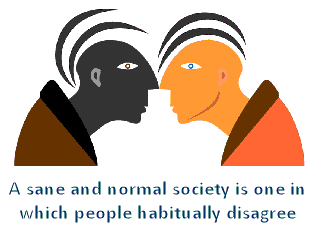One of the biggest disappointments in the UK’s EU referendum is the quality of debate. In normal elections, each party produces detailed manifestos that can be compared. This poll is the most important for a generation, yet there is nothing equating to a manifesto (on either side).
There is a lot of information being provided to the electorate, but the bulk is hyperbole. Many people recognise this, with 48% (and 43%) of people thinking the Remain (and Leave) campaigns’ arguments are unrealistic. The difference in numbers doesn’t matter. They both point to a lack of realism in the arguments on both sides. And that assessment is now official, as a parliamentary committee has criticised leaders of Remain and Leave for making exaggerated and unrealistic claims.
These stats perhaps point to another disappointment. Despite the obvious lack of realism they suggest that many people (52% and 57%) think the arguments are reasonable. Or perhaps, even worse, they have decided to vote without thinking about the issues. Given the importance of the debate, not only to the UK but also to the EU and the rest of the world, it deserves better information and deeper consideration.
In this blog, I’ll outline a process to make sense of the hyperbole and arrive at a decision. At the end, I’ll describe how the process is informing my personal decision.



